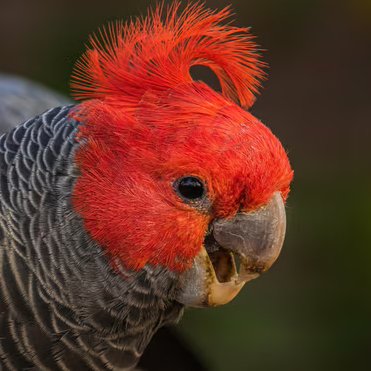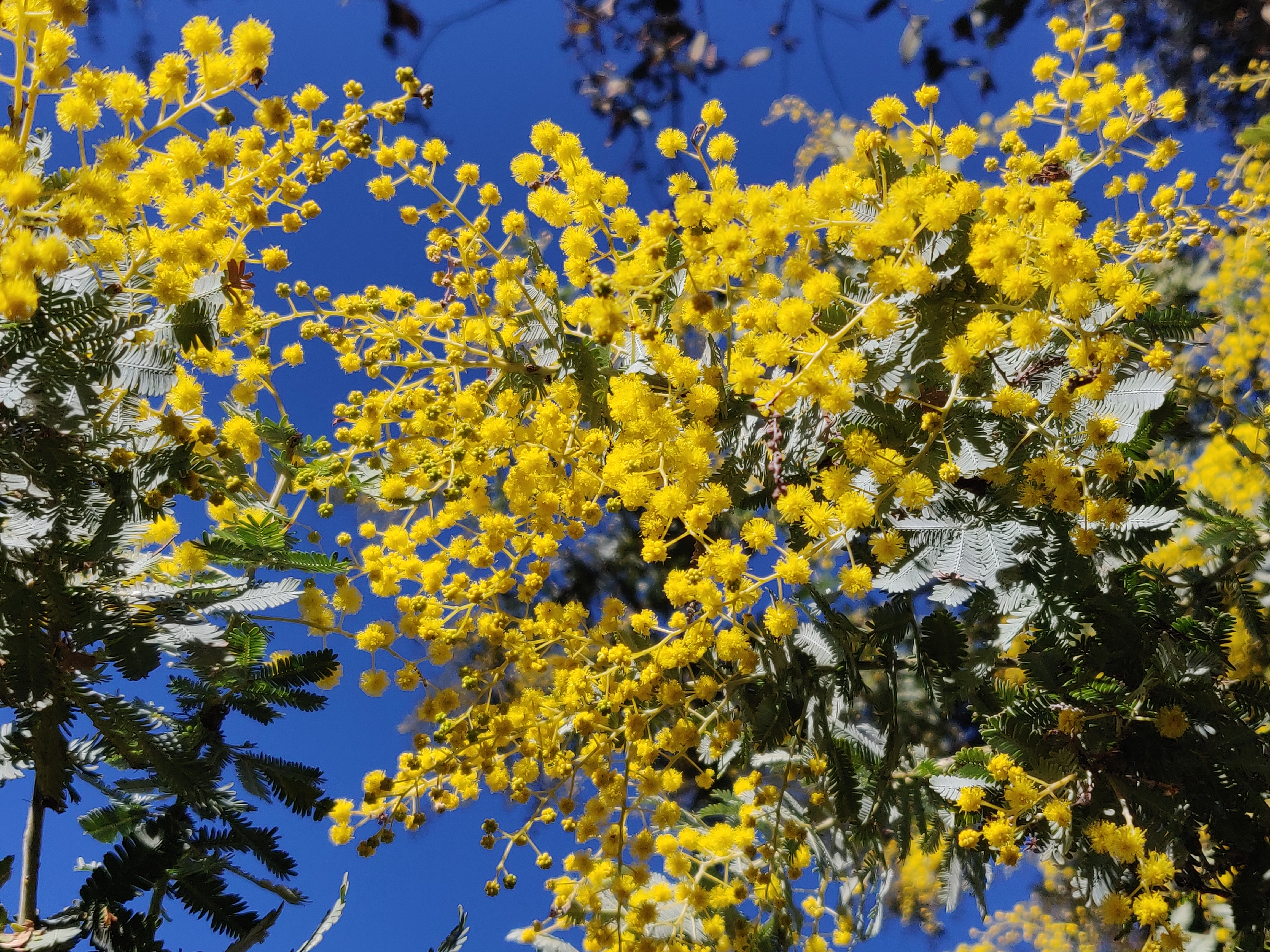
If you can find an annual plan that fits your needs, and paying for a year at once is possible, that may work out cheaper per month.
It’s been a while since I looked for a new plan, but it seems to me that the direction mobile plans are going is that the only differences are how much data and whether anything international is included. Most plans these days include unlimited calls and texts. As someone who doesn’t do much calling or texting and needs like 2GB/month tops, pretty much everything has more than I need. A few years ago I was service hopping to whoever would give me a $10/month plan, but many of those have increased to $15/month.
The plan I’m currently on is no longer available to new customers, so unfortunately I can’t recommend it to you.










Did mine a couple of years ago after reading an article about the potential for lead in soils in residential areas.
Thankfully my yard is fine, only the drip line of the house shows elevated lead (probably was originally painted with lead paint). So we just won’t put food plants in the beds next to the house.